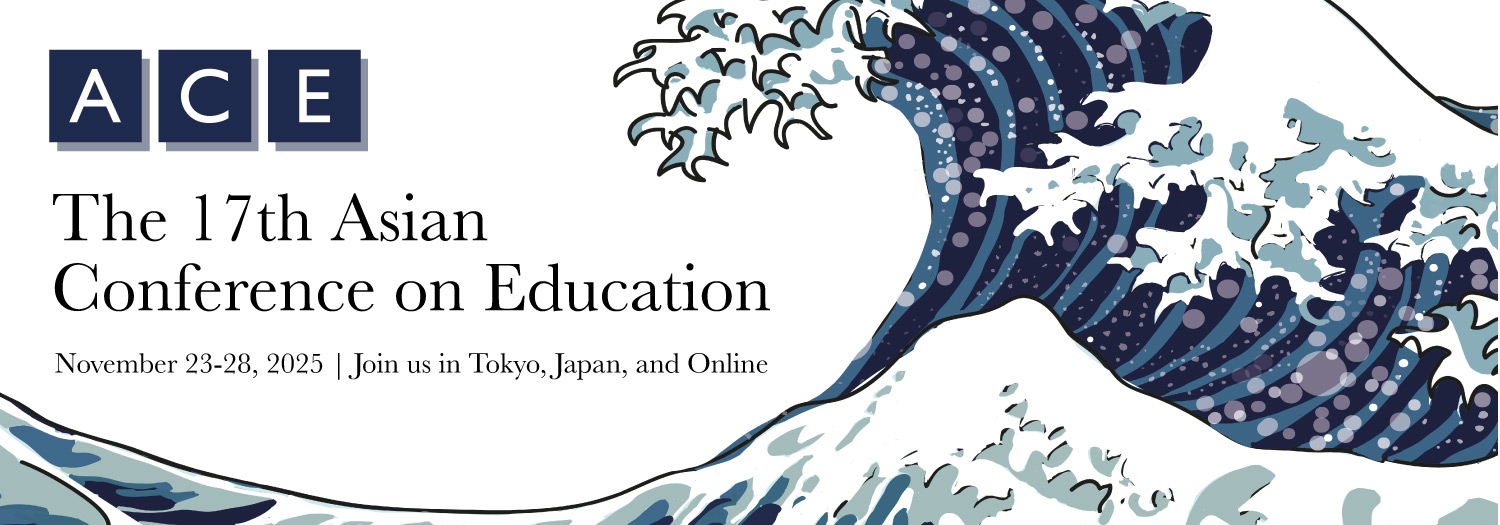The practical application of global citizenship education remains one of the most complex issues facing education today. At a previous Forum session in London, participants argued that students will hardly care about global issues if they are disconnected from their own local communities. According to these delegates, lack of attachment or sense of belonging to the local community desensitises people to the plight of others. Bridging the gap between the local and global world could be the key to fostering conscious global citizens.
Educators have attempted to remedy this issue in recent curricula, developing community-assisted curricula, including projects involving welfare, town planning, festivals, and other hands-on activities. In Japan, 58.3% of public elementary and junior high schools currently operate community school systems since the nation’s educational reform in the 1990s (also known as ‘The Quiet Revolution’), according to the Ministry of Education, Culture, Sports, Science and Technology. This approach has since spread to several Asian countries and is considered a powerful innovation in school reform. These developments highlight spaces in which education can occupy to make a difference in local and global communities.
With a broader vision of the world, higher education is in an advantageous position to bridge the gap between the local and the global. However, even though embedded within local realities, universities today face the risk of turning into ivory towers: secluded, privileged spaces that avoid local issues with an escapist attitude. How can we reconcile these so-called ‘towns and gowns’ and foster a sense of shared responsibility between higher educational institutions and the local community? Discussions from The Forum at ACE2024 can help form the key to implementing global citizenship education effectively.
IAFOR invites delegates to join The Forum at ACE2024 to discuss community-assisted education, the university’s role within the local community, and how local communities and the Academy can work together to make a difference in the world.
Read presenters' biographies
